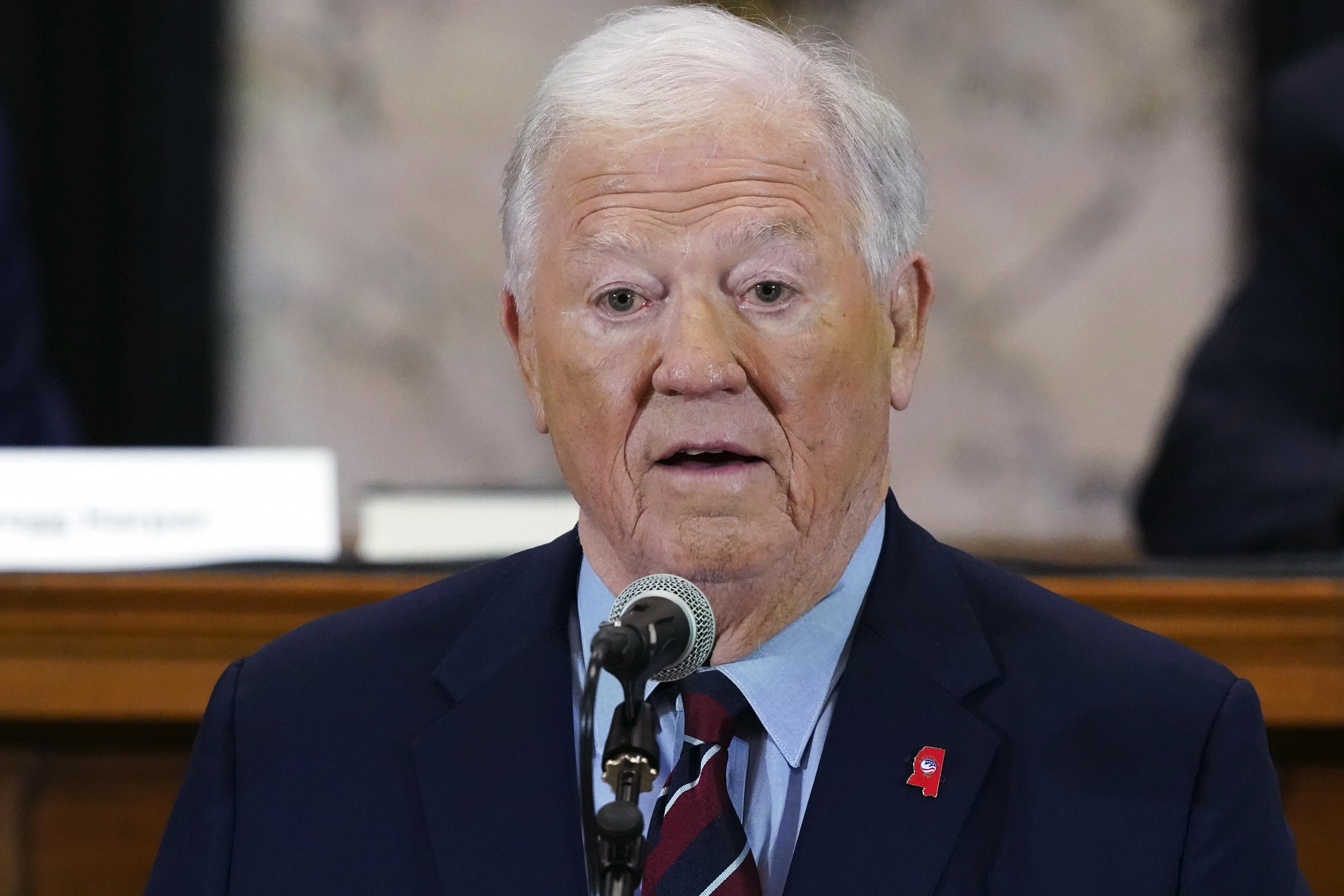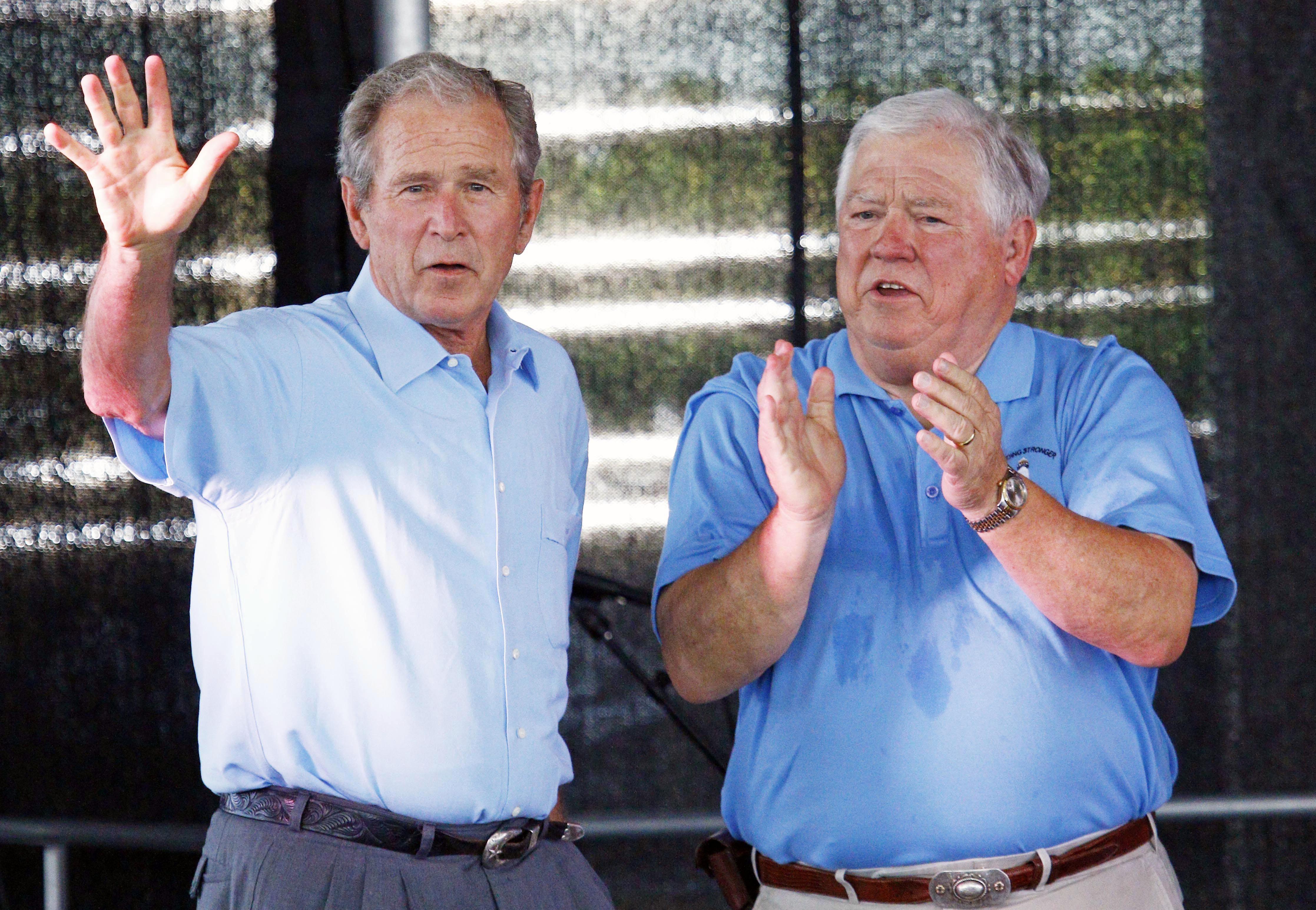A former Republican party operative who worked campaigns under both the Nixon and Reagan administrations, Haley Barbour’s ascension to Mississippi’s highest elected office in 2003 was a threshold moment in the state’s politics.
In defeating incumbent Ronnie Musgrove, Barbour became only the second Republican elected Governor of Mississippi since Reconstruction, and signaled the beginning of the state’s shift toward Republican dominance in the legislature, statewide elected offices and in Congress.
At the Stennis Capitol Press Forum on Monday, the former Governor reflected on the decades-long process of achieving that dominance, which he described as “evolutionary” and, at times, arduous.
“We could win in federal offices, and we couldn't win in state and local offices. And even though most Mississippians agree with the Republicans on national offices, most Mississippians were comfortable having Democrat elected officials who they knew and who they felt comfortable with,” said Barbour before a large crowd in downtown Jackson.
But Barbour also spoke of the changing politics of the Republican National Committee, which he chaired from 1993 to 1997, and specifically on the topic of a flurry of tariffs and last-minute adjustments implemented by the Trump administration, triggering concerns of a looming economic recession and sharp drops on Wall Street.
“I've always been a ‘free trader.’ However, I think there's a bit of logic to Trump's policy that tariffs ought to be reciprocal. If we charge the Brazilians a 10 % tariff on top of the fruit that they send up here, then why isn't it fair for the Brazilians to charge us a 10 % tariff on something that we send out there to reciprocate? I don't think that's crazy,” he said.
“As part of the Marshall Plan, part of the Cold War, we bent over backwards for our allies, particularly in Europe, and particularly in the Pacific. We made deals with them where they got some advantage, because we were so far ahead of them. And I think that we shouldn't forget that. That's why we were not reciprocating against our allies – we wanted them to get strong, we wanted them to be able to be real allies in the Cold War, which went on for decades.”




